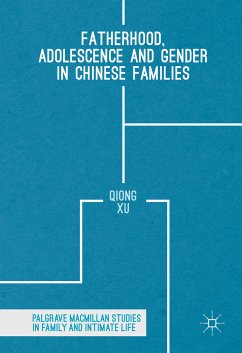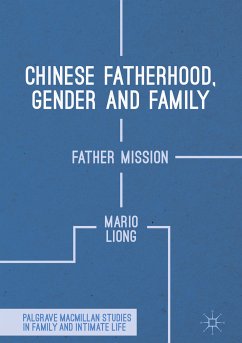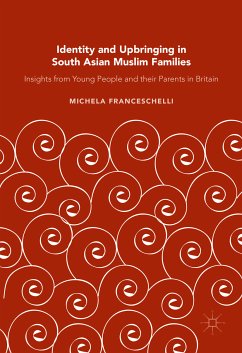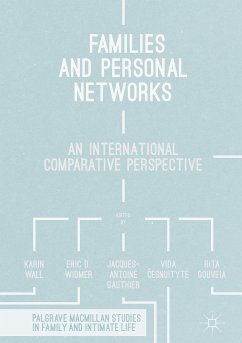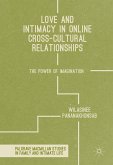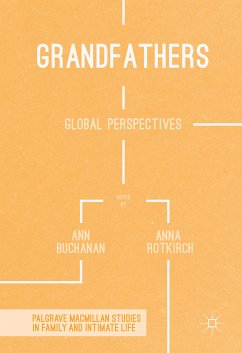Little is known about the roles of fathers in non-western cultures. Given the changing socio-economic and political circumstances of China, Xu identifies the importance of investigating Chinese fathers, particularly in dual-earner families, as women's participation in the labour market increases. This study of father-daughter relationships examines their perspectives on their relationships and identities. The book seeks to understand how girls construct their feminine identities as teenage girls and how fathers understand their masculine identities outside the workplace. It further explores their family practices and how they negotiate parental authority and adolescent independence.
Inviting us to think about Chinese people's attitudes, family practice, emotions and aspirations, which constitute a crucial complement to our understanding of the remaking of Chinese society and Chinese lives, Fatherhood, Adolescence and Gender in Chinese Families focuses on howthe widespread social and economic reforms interact with traditional attitudes rooted in Confucianism to provide new contexts for parent-child and gender relationships.
Dieser Download kann aus rechtlichen Gründen nur mit Rechnungsadresse in A, B, BG, CY, CZ, D, DK, EW, E, FIN, F, GR, HR, H, IRL, I, LT, L, LR, M, NL, PL, P, R, S, SLO, SK ausgeliefert werden.

